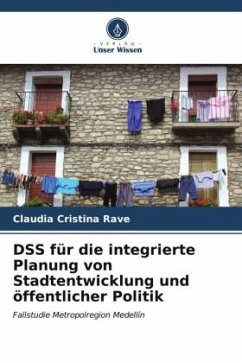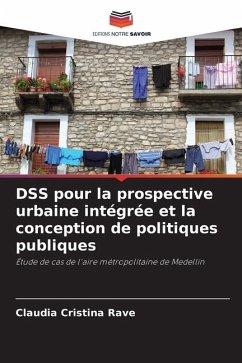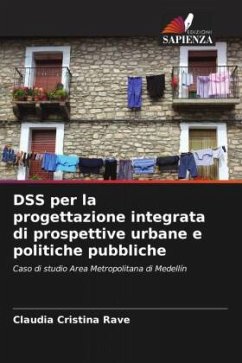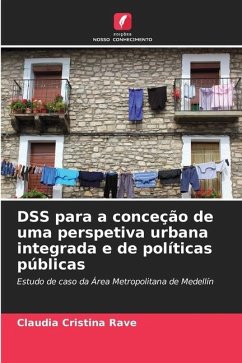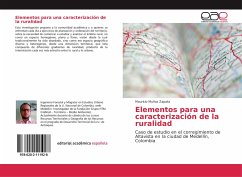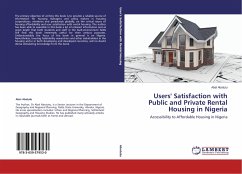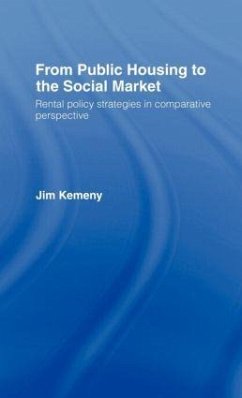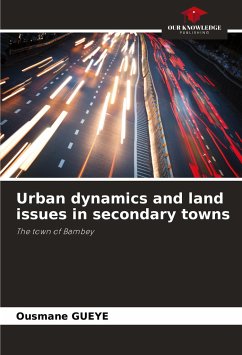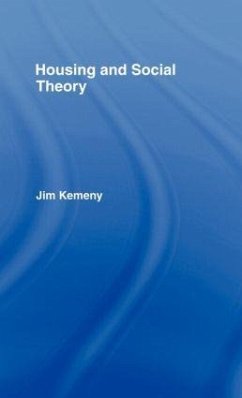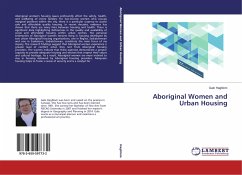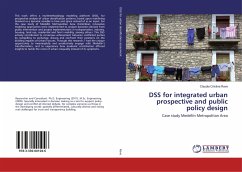
DSS for integrated urban prospective and public policy design
Case study Medellín Metropolitan Area
Versandkostenfrei!
Versandfertig in 6-10 Tagen
46,99 €
inkl. MwSt.

PAYBACK Punkte
23 °P sammeln!
This work offers a multimethodology modeling platform (DSS), for prospective analysis of urban densification patterns, based upon redefining demand as a dynamic variable in time and space instead of as an input. For the case study of Medellín Metropolitan Area (Colombia), innovative modeling approaches were implemented to analyze dynamics derived from public intervention and project implementation in transportation, industry, housing, land use, residential and firm's mobility, among others. This DSS actively contributed to consensus achievement between conflicted parties by compelling to exch...
This work offers a multimethodology modeling platform (DSS), for prospective analysis of urban densification patterns, based upon redefining demand as a dynamic variable in time and space instead of as an input. For the case study of Medellín Metropolitan Area (Colombia), innovative modeling approaches were implemented to analyze dynamics derived from public intervention and project implementation in transportation, industry, housing, land use, residential and firm's mobility, among others. This DSS actively contributed to consensus achievement between conflicted parties by compelling to exchange, discuss and confront their positions on the building impacts of Urban Futures. Through this research, I had the unique opportunity to meaningfully and productively engage with Medellín's transformation, and to experience how academic contribution offered insights to tackle the roots of urban inequality instead of its symptoms.



